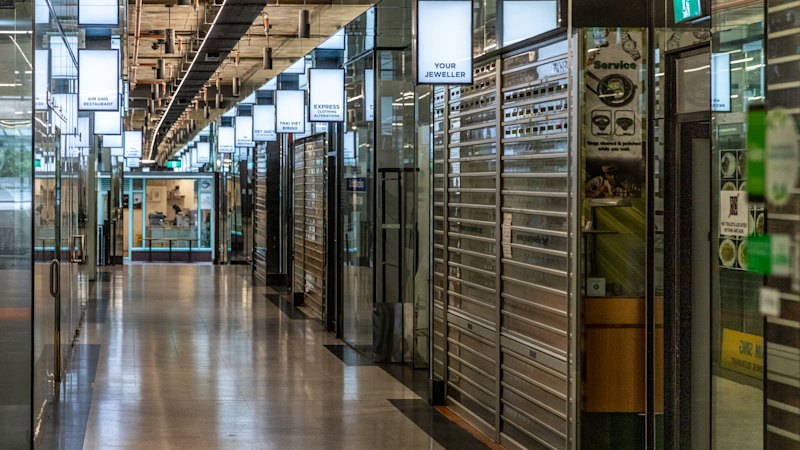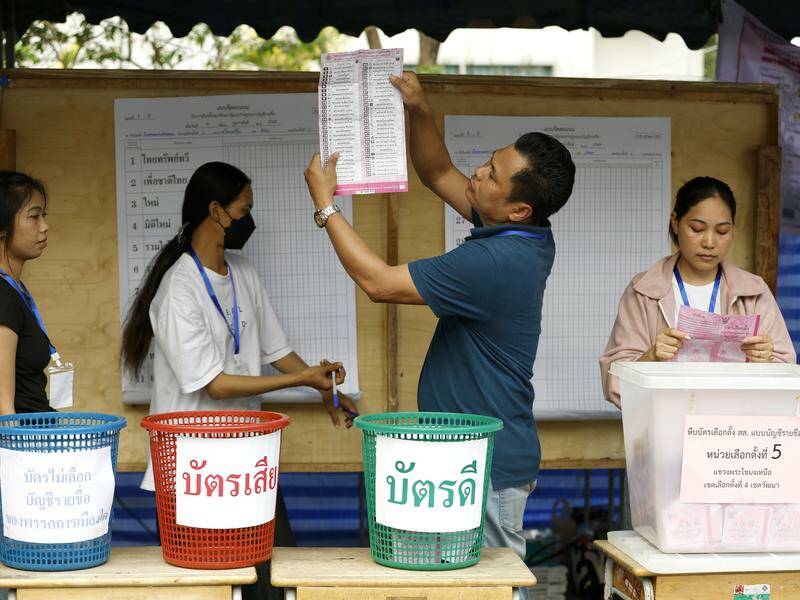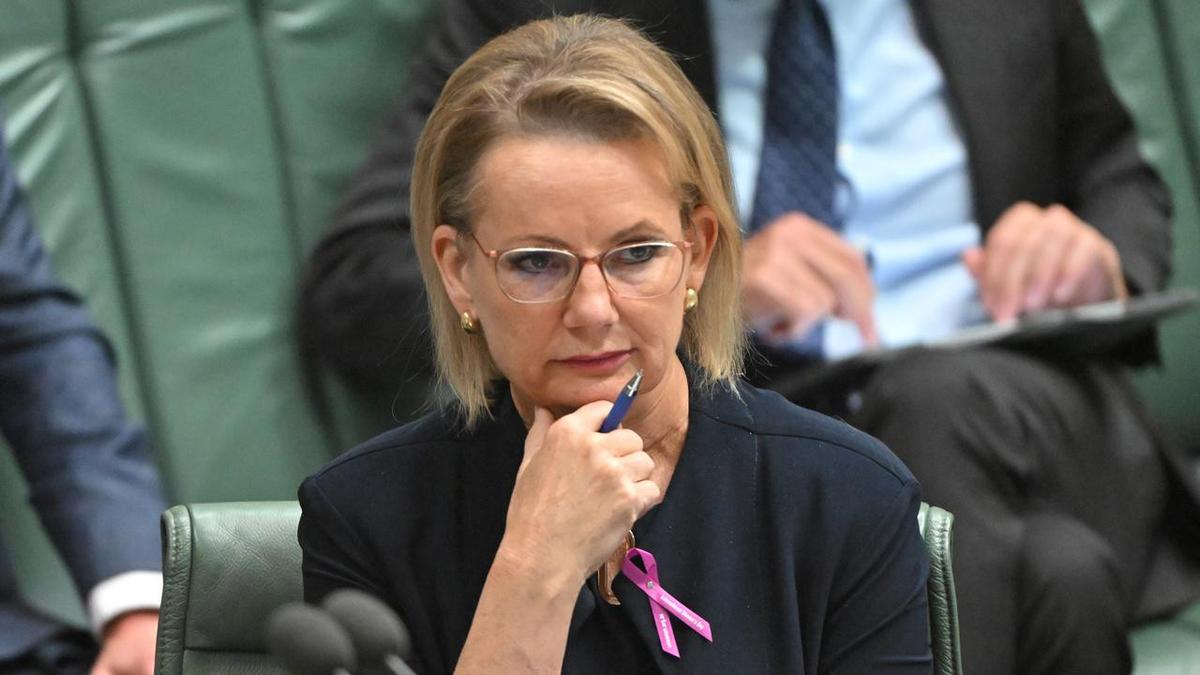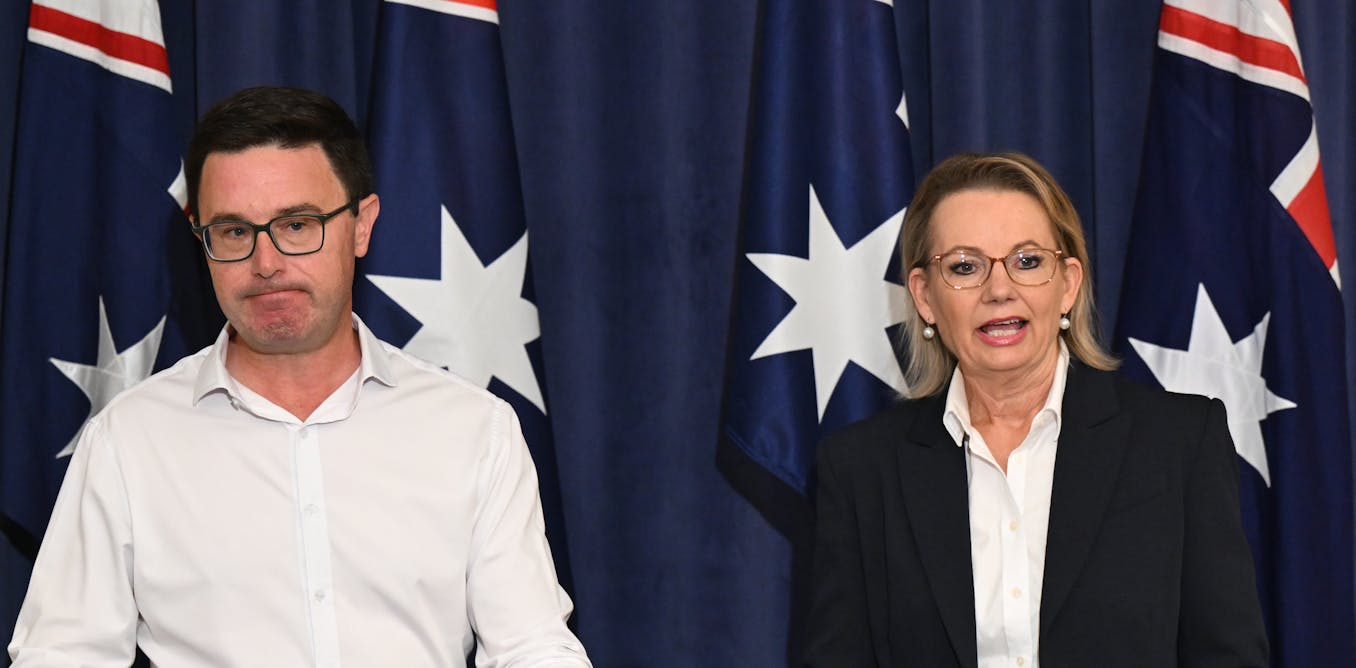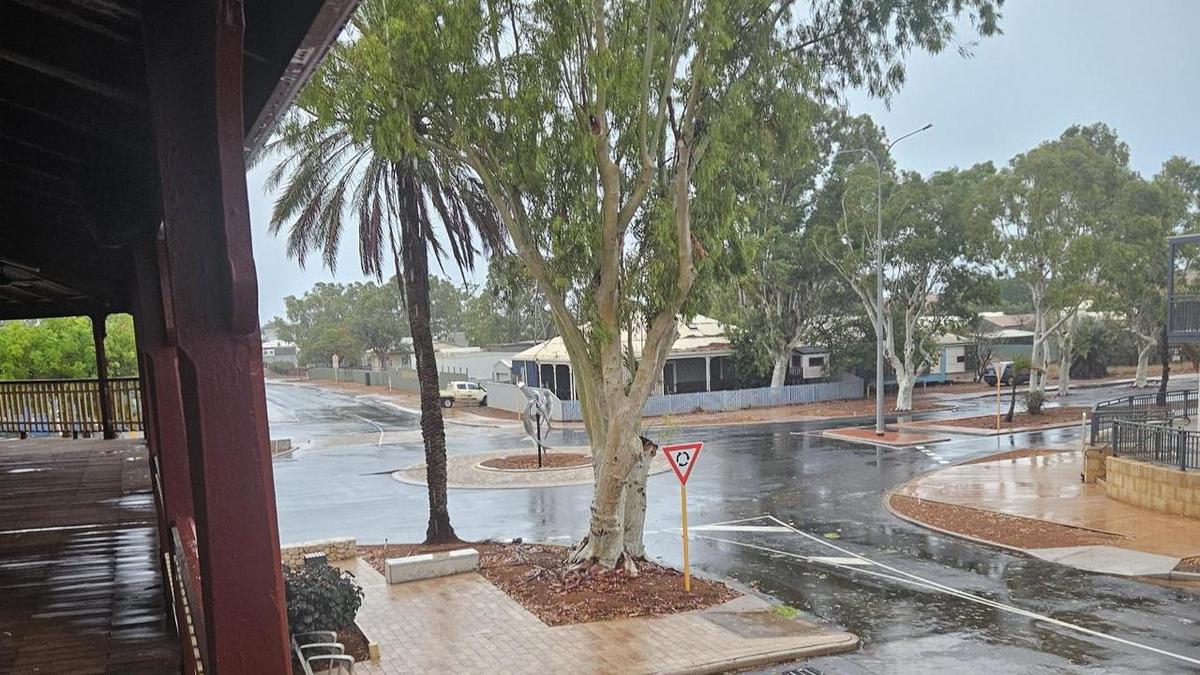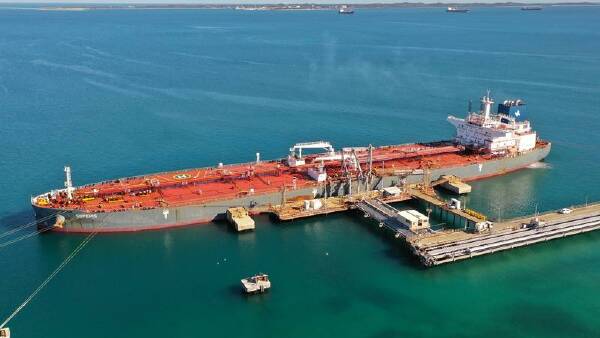
Australian motorists may unknowingly be contributing to Russia’s ongoing war in Ukraine due to a loophole that allows tankers suspected of carrying Russian oil to dock in the country. This situation has raised significant concerns among activists and politicians alike.
Docking of the Seferis Raises Alarm
In July, the vessel Seferis, a 250-meter ship flying the Greek flag, arrived at a BP terminal in Kwinana, located south of Perth. It had traveled from India, and activists allege it was loaded with fuel derived from Russian crude oil processed in Indian refineries. In response, BP asserts that the shipment met all Australian regulatory requirements.
Australia has imposed over 1,500 sanctions on Russia since the country invaded Ukraine in 2022. These sanctions specifically target the importation, purchase, and transportation of Russian oil. While Australia takes a strong stance, other nations, including India, have not followed suit, complicating the enforcement of these sanctions.
Parliamentary Inquiries and Ongoing Investigations
The issue was first brought to parliamentary attention by independent MP Andrew Wilkie, who questioned Defence Minister Richard Marles about the apparent weaknesses in Australia’s sanctions framework. Wilkie pointed out that around 90,000 tonnes of petrol from India’s Jamnagar refinery, which docked in Sydney in July, predominantly came from Russian sources. He noted that Jamnagar processes up to 55 percent of Russian oil in its operations.
On Thursday, independent Senator Fatima Payman raised concerns regarding three tankers containing Russian oil that remain stranded at Western Australia’s docks, unable to transport their cargo to Europe due to intensified efforts to combat sanction evasion. The Australian federal government had previously announced sanctions in June targeting Russia’s “shadow fleet,” which includes a $60 price cap per barrel to further restrict Russian oil imports.
Foreign Minister Penny Wong acknowledged the challenges in monitoring energy products imported via third countries. She stated, “Regrettably, the mechanisms we would need to track and monitor all energy products via third countries are not in place in those countries.” Wong emphasized the importance of businesses ensuring their supply chains do not inadvertently support Russia’s military actions.
“Australians expect businesses to avoid funding Russia’s invasion,” said Wong, highlighting the public’s demand for responsible sourcing.
Activist Roma Popadynec of the Ukrainian Association of Western Australia expressed urgent concerns about these loopholes, fearing they could be financing the Kremlin’s aggression. Meanwhile, academic Anton Moiseienko from the Australian National University, an expert in financial crimes and sanctions, noted that balancing the need to limit Russia’s oil revenue while preventing overall price increases poses a significant political challenge for governments.
Director of the University of Queensland’s Gas and Energy Transition Research Centre, David Close, added that while public support exists for imposing sanctions, voters are wary of actions that might lead to economic downturns.
The ongoing discourse surrounding the importation of Russian oil through third-party nations not only highlights the complexities of international sanctions but also underscores the pressing need for governments to address these vulnerabilities effectively. As Australia faces scrutiny over its energy sourcing, the implications for both domestic consumers and international relations remain profound.

